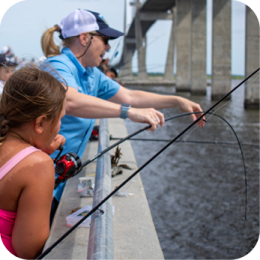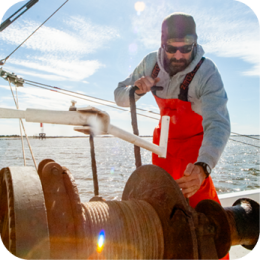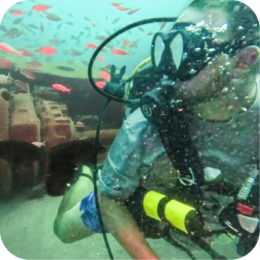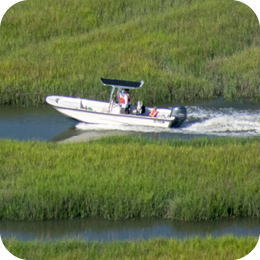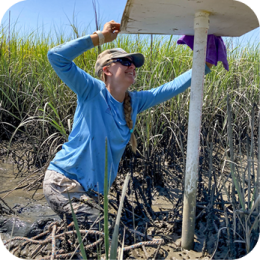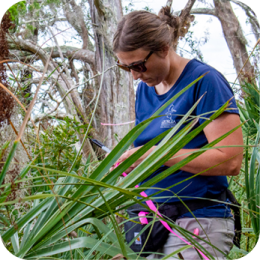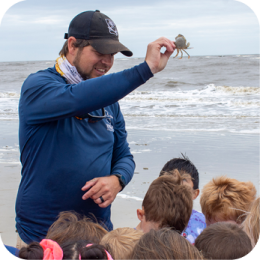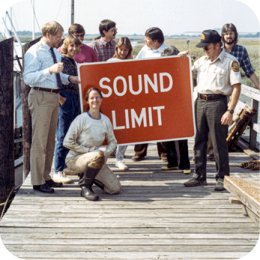Commissioner Mark Williams has announced that Georgia's territorial waters will remain closed to commercial and recreational oyster harvest effective 6:00 a.m., Monday, October 1, 2018 until conditions warrant reopening. Since 2008, the Commissioner of Natural Resources has closed the salt waters of this State to the commercial and recreational harvest of oysters for human consumption from June through September of every year to address management requirements. Due to higher than average water temperatures coastwide for the month of September, an extension of the existing closure will be implemented to allow for water temperatures to decrease below the control plan threshold of 81-degrees.
“This extended closure ensures that Georgia continues to meet the requirements of the National Shellfish Sanitation Program to protect public health by implementing a Vibrio parahaemolyticus (Vp) control plan,” explained Dominic Guadagnoli, shellfish fishery manager for the Coastal Resources Division. “We expect this extended closure to have little adverse impact on recreational and commercial oyster harvesters since most individuals refrain from eating freshly-harvested oysters during the warmer months when the combination of spawning and warm water makes oysters less desirable as seafood.”
Vp is naturally occurring bacteria found in filter-feeding shellfish. It occurs at higher concentrations during the months of the year when coastal water temperatures are warm. According to the Centers for Disease Control and the Food and Drug Administration most Vp illnesses are due to the consumption of raw oysters and not reported. The onset of Vp illness generally occurs within three days and common symptoms include vomiting, abdominal cramping, diarrhea, fever and chills. Thorough cooking of oysters and other shellfish will generally destroy all bacteria including Vp.
The harvest of clams from approved shellfish harvesting areas will continue to be permitted during the extended closure. “Unlike oysters, which are frequently consumed raw, clams are traditionally cooked with high heat – a process that kills the Vp bacteria,” said Guadagnoli.
“Water temperatures along the coast will continue to be monitored daily to ensure that oyster harvest is reopened as soon as possible when temperatures fall below threshold levels.”
For more information on the oyster harvest closure contact GA DNR/Coastal Resources Division at (912) 264-7218.
